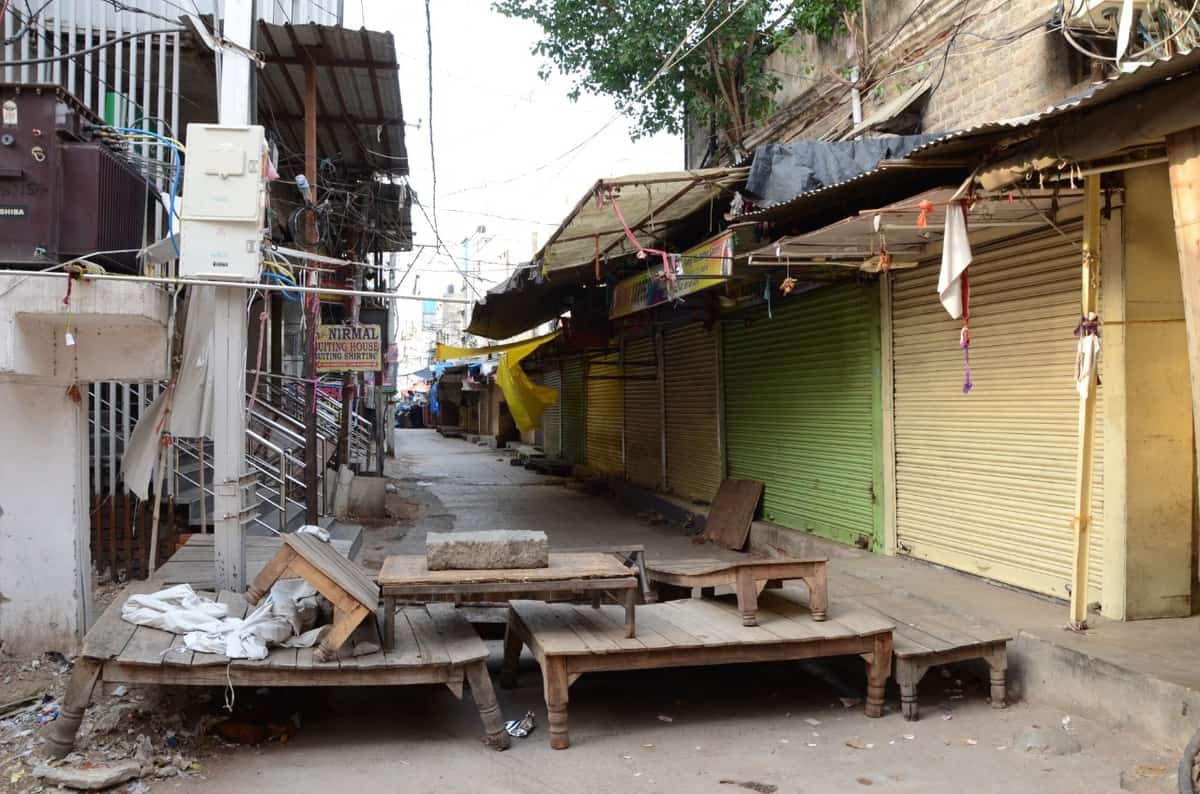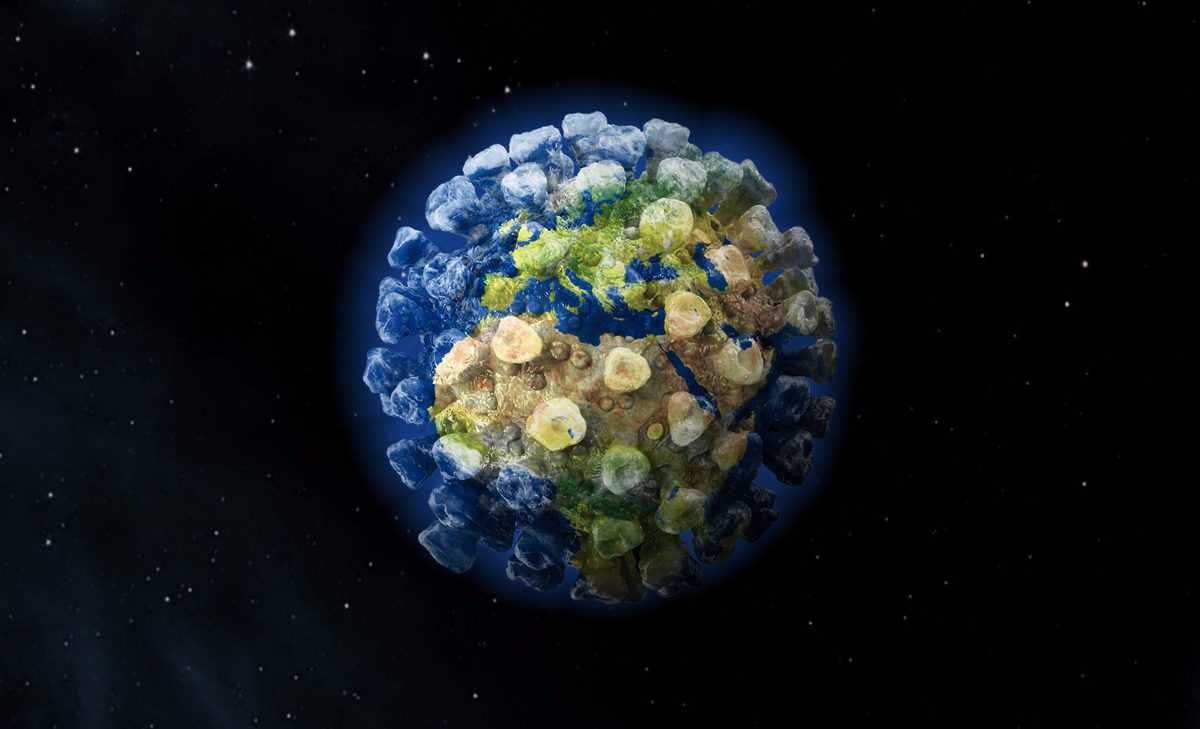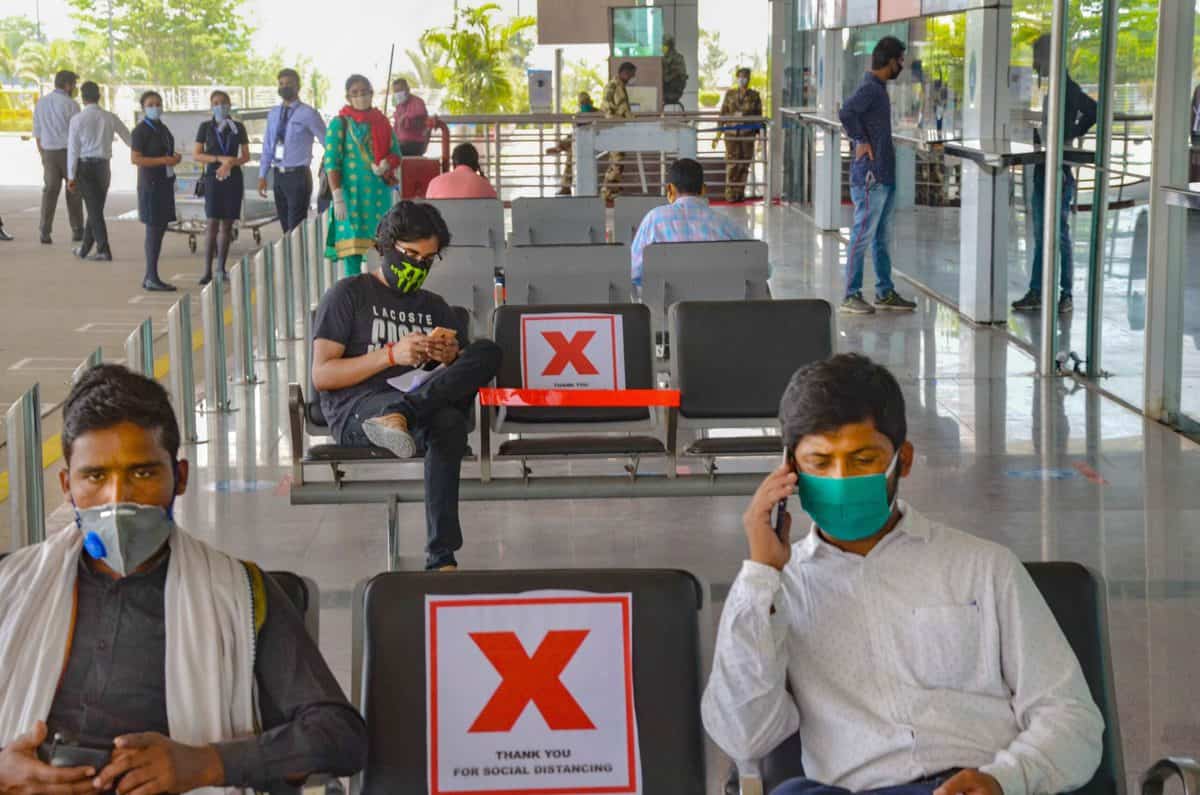M. A. Siraj
The humanity is on life-altering swings. Never in the past it had been so intrusively impacted by any catastrophe or calamity as has been witnessed in the wake of currently raging pandemic. The all-round serenity induced by the global lockdown is unprecedented and carries dire prognosis of what is about to come. It is as if the Planet Earth has declared a respite for itself, flaunting a banner “Closed for maintenance and necessary repairs”. The intense material race has come to a grinding halt. The silence is deafening and the future is uncertain.
The big question that has come to haunt us is if the post-COVID-19 world at the end of 2020s would be the same as before? Never before the forces shaping the world had so much time at their disposal to redesign the trajectory. The world is clearly in the throes of a paradigm shift. Just around the turn of the century the Internet had heralded a major disruption. The Pandemic promises to be no less a game-changer. Nothing that one does would remain unaltered.

Physical hiatus among individuals is perhaps the most definitive and transformative of the changes in behavior that the pandemic has heralded, nay unleashed. It is unlikely to vanish soon from the humanity’s treatment of social spaces. It is where changes can be seen in how one eats, meets, moves, builds, shops, entertains, transacts and interacts. Businesses, more and more of them, will be gearing up to move online, although it is not certain how the microeconomic context of a majority of Indians will accommodate changes. Deliveries will be the norm. Online purchases will essentially depend upon and result into greater brand consciousness. Linked to it would come the credibility of those managing the enterprise.

It will not be business as usual. The Internet destroyed distances and dissolved borders for intangible things like ideas, visuals, sounds and texts. It made post offices redundant. Also eliminated queues and attendant barricades at rail reservation counters and the Hill shrines like the Balaji Temple at Tirupati. The Covid-led changes are introducing social distancing. The virus outbreak is all likely to lead to decline in demand for many types of spaces. Co-working and co-living will get the first hits and there are straws in the winds that it has started to bite co-working market.

A webinar themed “After the Bloodbath, Emergency Revival Plan for the Restaurant Sector” organized recently by the by the National Restaurants Association of India, was told that 30 to 35 per cent of the industry will not exist post-Covid. Manu Chandra, chef-partner of Soda Bottle Opener Wala, a popular Parsi food chain in Delhi, said, “If social distancing cuts seating in half, there is no point in reopening the restaurant. The restaurant industry employs over 7.3 million people and has an annual turnover of $50 billion.
Realty’s downturn is steep. Trend to offload spaces will continue. Having worked from home for considerable length of time, people may question the rationale of commuting to work. The construction sector has begun incorporating audio-visual (AV) communication options for virtual visit of buyers to ready-to-move in homes and virtual walks of construction sites for global buyers. Digital marketing will gain ground and chatbot communication will reset developer-buyer and owner-tenant exchanges.
Ever since the dawn of Metro era in India, densification was the buzzword in town planning. It will have few advocates in the era that stares into our face with decongestion of the urban spaces being the guiding moral imperative. Even if the situation normalizes, perception of risk will persist. Behavioural changes now in place might outlive the crisis. Spaces with greater human density will be unpopular and will need to be redesigned. It is natural when PGs are getting emptied; colleges shut; hostels send out inmates; eateries down shutters; and, value of crowd-gathering assets nosedive. There is bound to be rethinking on investment on such facilities any more.
Greater fears emanate from touch surfaces. Spaces with high-touch surfaces will have to look for alternatives, for instance, facilities and apartments with common elevators. Quite likely, remote keys will soon be out for elevators. Restaurants are planning digital menus in order to avoid touching physical ones. Sanitizers, masks, gloves, disinfecting tunnels, and thermal scanners are here to stay.

As has been learnt from the long lockdown, business travel will be avoided if video-conferences can achieve what travel promises to deliver. Travel demand and commuting pattern are all likely to be closely scrutinized in future by companies and businesses in terms of costs as well as productivity. But a great amount of mobility is indispensable. Companies will adopt the ‘drawbridge’ strategy to allow it selectively. Tourism scene is bleak. Centres nearer home will be more popular. Olympics and IPL are already out of the year’s sports calendar. Strategy for concerts, film-fests, lit-fests will have to be redrawn in keeping with social distancing. Skepticism prevails when it comes to efficacy of regulation of jatras, urs, pilgrimages and religious gatherings. Cloud of uncertainty looms over Hajj pilgrimage this year (falls around July 30 or 31). It might be reduced to a token affair, allowing only resident Saudi citizens.
Hazards of guessing discourages one from predicting the future course of events. To quote Lenin, there were decades when nothing changed. But there could be a few weeks when decades happen.
M.A. Siraj is a senior journalist based in Bengaluru

